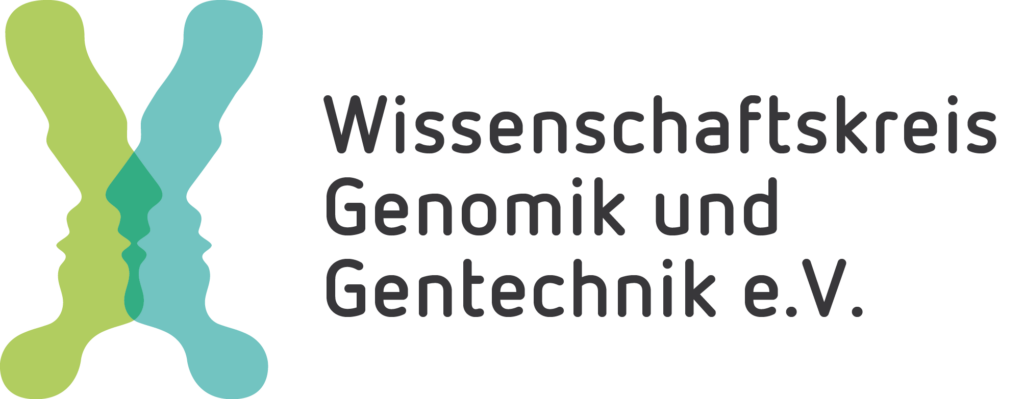



Copyright © 2026 · Alle Rechte vorbehalten. · Genome Editing INFOTHEK
Gemeinnützige Website von GivingPress · RSS-Feed · Anmelden
| Cookie | Dauer | Beschreibung |
|---|---|---|
| cookielawinfo-checkbox-analytics | 11 months | This cookie is set by GDPR Cookie Consent plugin. The cookie is used to store the user consent for the cookies in the category "Analytics". |
| cookielawinfo-checkbox-functional | 11 months | The cookie is set by GDPR cookie consent to record the user consent for the cookies in the category "Functional". |
| cookielawinfo-checkbox-necessary | 11 months | This cookie is set by GDPR Cookie Consent plugin. The cookies is used to store the user consent for the cookies in the category "Necessary". |
| cookielawinfo-checkbox-others | 11 months | This cookie is set by GDPR Cookie Consent plugin. The cookie is used to store the user consent for the cookies in the category "Other. |
| cookielawinfo-checkbox-performance | 11 months | This cookie is set by GDPR Cookie Consent plugin. The cookie is used to store the user consent for the cookies in the category "Performance". |
| viewed_cookie_policy | 11 months | The cookie is set by the GDPR Cookie Consent plugin and is used to store whether or not user has consented to the use of cookies. It does not store any personal data. |
Erstellt am 12. Dezember 2024 von sas
Angereichert mit Vitamin A, Zink und Eisen: Pflanzen gegen den versteckten Hunger
In vielen Ländern des Südens – dort wo stärkehaltige Pflanzen wie Reis, Maniok (Cassava), Mais oder Hirse Grundnahrungsmittel sind – nehmen die Menschen zu wenig weiterlesen bei transgen.de
Kategorie: Meinungen+Meldungen, Wissenschaft
UPDATE